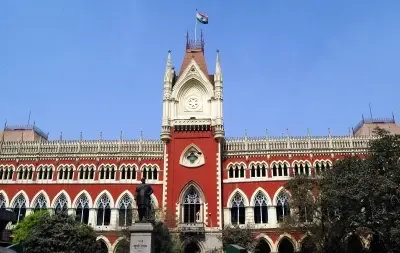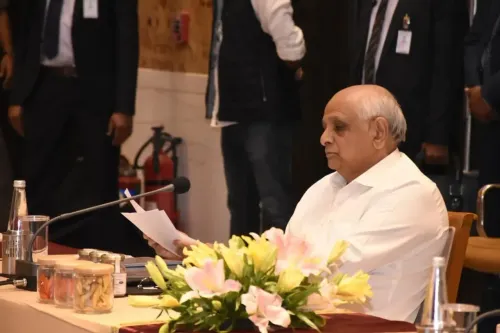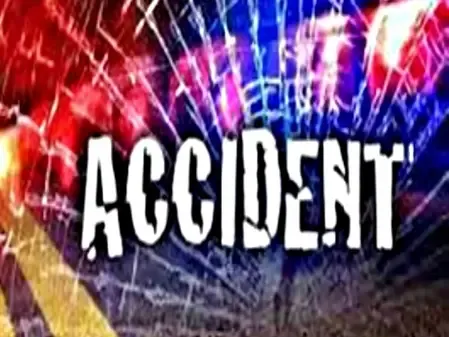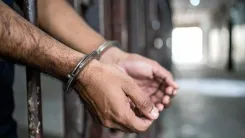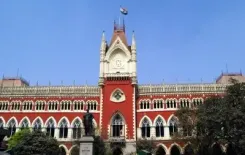Why Was Naresh Meena Acquitted in a 20-Year-Old Case?
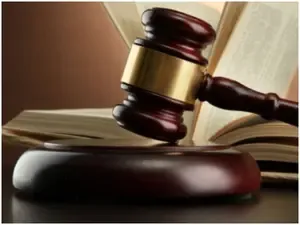
Synopsis
Key Takeaways
- Naresh Meena's acquittal highlights issues with evidence in legal proceedings.
- The court emphasized procedural lapses in the prosecution's case.
- Meena's political future could be impacted by this ruling.
- The incident dates back to a cultural event in 2004.
- The case reflects broader concerns about the judicial system.
Jaipur, May 1 (NationPress) Naresh Meena, an independent candidate contesting in the Deoli-Uniara assembly by-election in Rajasthan, has been acquitted by the Jaipur Metropolitan court in a case dating back 20 years concerning the obstruction of government work. The court's decision was based on insufficient evidence and notable procedural errors.
Presiding Judge Khushboo Parihar pointed out that the prosecution did not provide any independent witnesses, and the injured constable who filed the initial complaint failed to appear in court to give testimony.
The incident occurred on August 5, 2004, when Meena and his associates were accused of attempting to forcibly access the stage during a Ghoomar cultural event at a university in Jaipur.
As per the prosecution's claims, around 1 p.m., Constable Mansingh and other police officers were stationed at the women’s entrance when Meena, accompanied by Man Singh Meena and others, allegedly attempted to breach the barricade.
The group reportedly resisted police intervention and incited a crowd, leading to a stone being thrown from the assembly, resulting in a constable sustaining an eye injury. A case was subsequently registered at Gandhi Nagar Police Station under allegations of obstructing duty and inciting violence.
During the trial, Meena's lawyer, Advocate Abdul Wahid Naqvi, contended that the prosecution's case relied exclusively on police testimony, lacking any neutral or independent witnesses, despite the event occurring in a public and crowded environment.
He also emphasized significant procedural shortcomings, including the absence of a site map, no medical examination report for the injured constable, and missing entries in the police station diary—all requirements according to Supreme Court guidelines.
After observing these deficiencies and the lack of the complainant’s testimony, the judge concluded that the prosecution failed to prove the charges beyond a reasonable doubt. Consequently, Naresh Meena was acquitted.
Currently, Meena is held in Tonk Central Jail in connection with other criminal cases, including an alleged assault on an SDM during the by-election campaign, but was brought to Jaipur under police escort for the hearing.


